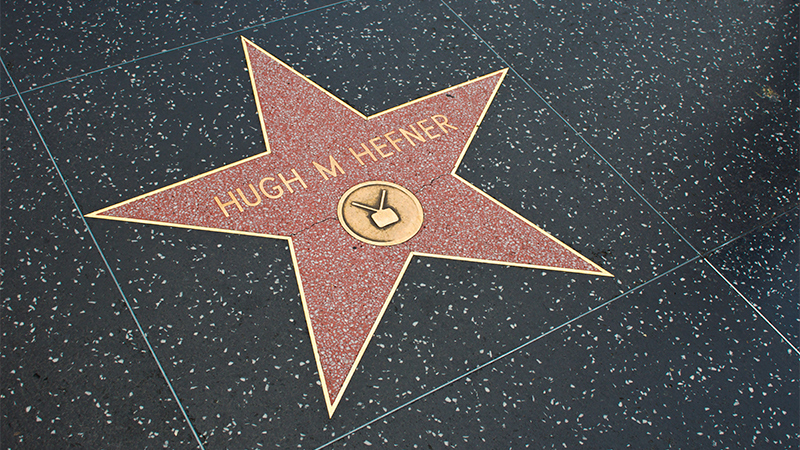Recently I came across one of the saddest passages I’ve ever read. Writer Augusten Burroughs writes in his new book, The Wolf at the Table: A Memoir of My Father, about growing up with his distant, neglectful father. One part, in particular, was so raw as to make me almost cringe as I read it.
Burroughs writes about how, as a seven year-old child, he realized that whenever he’d try to crawl in his father’s lap, his dad would push him away. He writes that his father wouldn’t even look at the boy as he stared straight ahead at the television screen. The little boy kept a scorecard on a clipboard of how many times his father refused to cuddle with him, and it was close to 100 percent of the times attempted.
Hungering for his father’s presence, the boy took one of his father’s shirts and a pair of pants from his parents’ closet, stuffed the clothes with towels and pillows, and lathered it with his father’s cologne.
At night, he would snuggle up against this father mannequin, pretending to be held and loved. He writes that one day his mother found the dummy, and simply returned the clothes to the closet, the pillows to the bed.
Burroughs concludes: “Over time, my father’s scents faded from the pillows until there was nothing left of him at all.”
Those of us who had good, present, involved fathers might simply see this as an extreme oddity. It’s true there are very few people who’ve ever resorted to this kind of sad charade. But isn’t it true that we see desperate father hunger all around us?
Burroughs’ childhood, and those like it, are horrible precisely because there’s more involved here than an emotional need for security (although that’s obviously there). God has put in every human heart a gnawing need to look someone in the face and say, “Abba, Father.” He’s put in every human soul the need to hear the words, “You are my beloved child and in you I am well pleased.”
My father always was there, and still is. Maybe that wasn’t the case for you. Maybe your father left early on in your life. Or maybe he was there, but you remember his feet walking out the door each day for a life-sapping job, his feet propped up on the couch each night in front of some life-sapping television. Maybe you miss your Dad. Maybe you hate your Dad.
In any case, all of us have found ourselves snuggled up to a mannequin. We’ve constructed idols, covered in the scent of Deity, that give us an illusion of the protection of a Father God without his presence. Some of you may still be living that illusion.
Our adoption by Father God meets and exceeds all our earthly longings and expectations of parental joy and approval. The kind of affirmation and approval all of us seek, ultimately, is exactly what Jesus receives. As he comes up from the water of his baptism, a voice thunders from the skies, “You are my beloved Son; with you I am well pleased” (Mark 1:11).
The Bible tells us we are mysteriously united to Jesus so that everything that is true of him, in terms of relation to his Father, is now true of us. Paul puts it this way, “For you have died, and your life is hidden with Christ in God” (Col 3:3). God sees us in Christ, and his opinion of us is exactly the same as his opinion of the Lord Jesus.
God doesn’t just speak his acceptance of Jesus as his Son. He pours out over those baptismal waters his Holy Spirit. That same Spirit, the Bible tells us, hovers over us, marking us out with Jesus as the children of God. It’s through that Spirit, the Scripture says, that we cry out “Abba! Father!” and he responds to us by recognizing us as his children.
Even as we rejoice in our acceptance by our Father, it’s worth remembering today that there are untold millions who can’t imagine it could be true.
There’s probably an Augusten Burroughs in your neighborhood, on the bus next to you, in your church foyer. Point him or her to a new kind of Father, One who doesn’t seat wolves at his table.







